What businesses make up Alphabet Inc.?
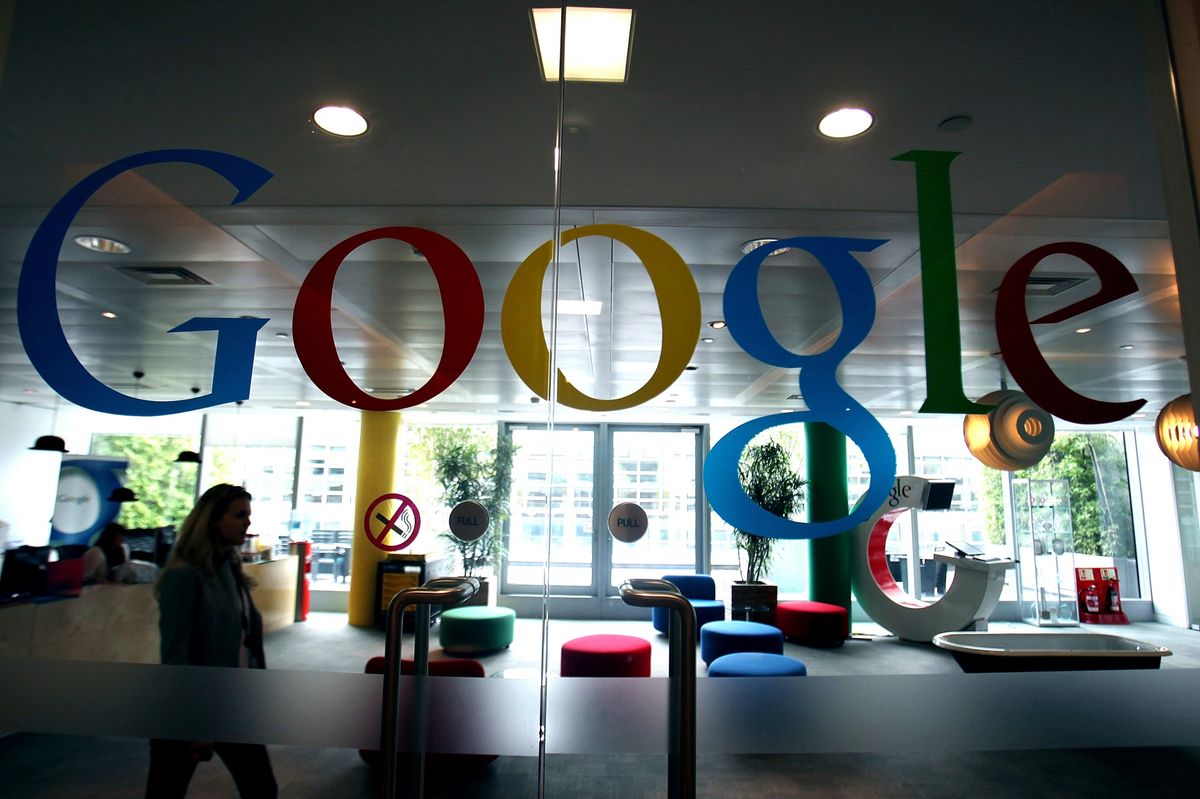
A few minutes every morning is all you need.
Stay up to date on the world's Headlines and Human Stories. It's fun, it's factual, it's fluff-free.
In 2015, Google underwent a change in corporate structure, with Alphabet Inc. becoming the holding company and Google a subsidiary. This restructuring allowed Alphabet to widen its interests beyond Google’s main search and advertising business.
In order to further compete with big tech companies like Apple, Microsoft and Amazon, Alphabet is using its massive size and strength in the search and advertising space to grow into a diverse array of industries, from healthcare to gaming and autonomous vehicles.
Below are some of the areas Alphabet has been looking to expand into.
Artificial Intelligence
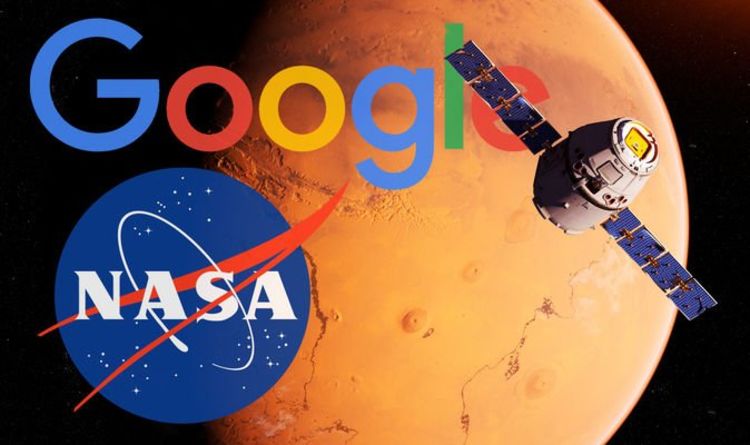
Artificial intelligence (AI) is proving to be beneficial in a wide range of industries.
With industries becoming increasingly digitized, and more and more data being created, processed and analyzed, AI is enabling businesses to use data to boost efficiency and get better results.
The global AI market was valued at US$20.67 billion in 2018, but is projected to be worth over US$200 billion by 2026. According to PwC, AI could add as much as US$15.7 trillion to the global economy by 2030.
Since the 2015 restructure, Alphabet has invested heavily in AI and its potential use in sectors like agriculture, health and education. Google AI is the company’s artificial intelligence division and encompasses technologies such as deep learning, computer vision and speech recognition into Google’s web services and Android OS.
With Google taking an AI first approach, the company has opened AI research centers across the globe in countries that include Japan, France, Ghana and India.
Google is also the most active investor and acquirer of AI companies among all of Big Tech.
DeepMind is a UK-based AI company acquired by Google in 2014. Since then, it has applied its research to Google’s products and infrastructure. These include helping create a more natural voice for Google assistant and using machine learning to monitor energy usage and reduce the electricity needed for cooling Google’s data centers by up to 30%.
Despite Alphabet’s eagerness to further capitalize on AI, the company has had to deal with limitations in the hardware necessary for the most complex AI work today, as the processing power required is not available through modern computer chips.
This has led Alphabet to put emphasis on quantum computing, with the expectation that this will further advancements in the AI field.
In 2013, Google partnered with NASA and the Universities Space Research Association to form the Quantum Artificial Intelligence Lab in the hopes of pioneering quantum computing research.
Google is competing with companies like IBM and Microsoft to be the first to commercialize the technology and sell it through its cloud computing business.
Google said in October 2019 that its quantum computer had achieved “quantum supremacy” — the moment a quantum computer is able to do something that a conventional computer cannot do.
In an article published in the scientific journal Nature, Google reported that, using the company’s Sycamore processor, their quantum computer was able to solve a complex problem in 3 minutes and 20 seconds.
Google estimated that it would take the world’s fastest supercomputer — called Summit and owned by IBM — 10,000 years to solve the same problem.
Google’s announcement drew skepticism, with some saying that Google was overstating the achievement. IBM disputed the quantum supremacy claim, noting that “an ideal simulation of the same task can be performed on a classical system in 2.5 days and with far greater fidelity.”
Healthcare
Google’s first attempts to enter the healthcare industry came in 2008 with the launch of Google Health, a venture that ultimately failed because consumers were unwilling to share their personal data. As a result, Google Health was discontinued in 2012.
The healthcare sector presents Alphabet with numerous US$100 market opportunities to tap into, including pharmaceuticals, diabetes treatment and cancer research.
Today, Google is taking a different approach, partnering with hospitals, academics and healthcare companies. Google is also leaning on its expertise in machine learning, AI, robotics and data to solve health problems.
Hospitals contain large amounts of health data, in the form of scans and digital health records and Alphabet wants this data to further tune their healthcare AI tools. The company’s ultimate hope is to use AI to identify diseases faster and more accurately than is possible currently.
After Google’s 2015 restructuring, Alphabet was established as the holding for other companies under Google’s umbrella, all of which effectively became subsidiaries under the company’s “other bets”.
The three subsidiaries focused on healthcare are Verily, DeepMind and Calico.
- Verily
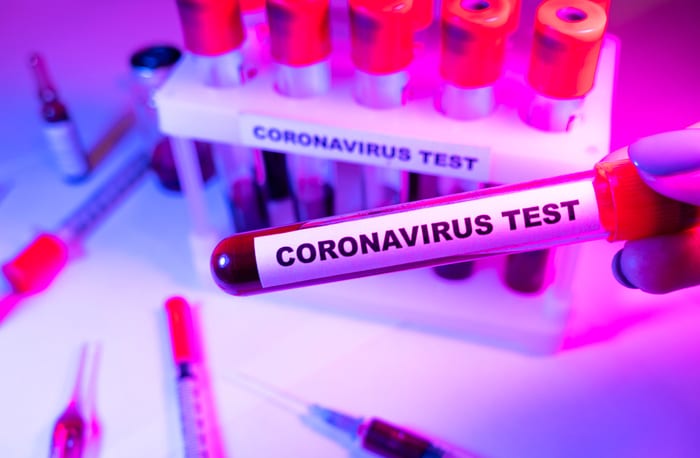
The bulk of Alphabet’s healthcare work is done through Verily, which focuses on the use of data and applies it to technology to improve healthcare.
Verily has projects that focus on diabetes, cancer, robotic surgery and pharmaceuticals.
Alphabet has also ventured into the wearables market, through Verily’s Study Watch, a biometric data-gathering wearable.
The Study Watch received its first round of FDA approval in January 2019. In January 2020, Verily received additional FDA clearance for its “Study Watch With Irregular Pulse Monitor,” a version of its previous Study Watch that detected irregular heartbeats.
Alphabet further boosted its investments in wearables by acquiring Fitbit for US$2.1 billion in November 2019.
Verily has also been involved in advancing community health. In 2017 it partnered with Duke University and Stanford University in an effort called Project Baseline that seeks to crowdsource health data from 10,000 volunteer patients on a daily basis for five years, using the Study watch.
The idea behind Project baseline is to make it more convenient and efficient to run trials by monitoring people’s health on a daily basis instead of having to run a clinical study.
- Calico
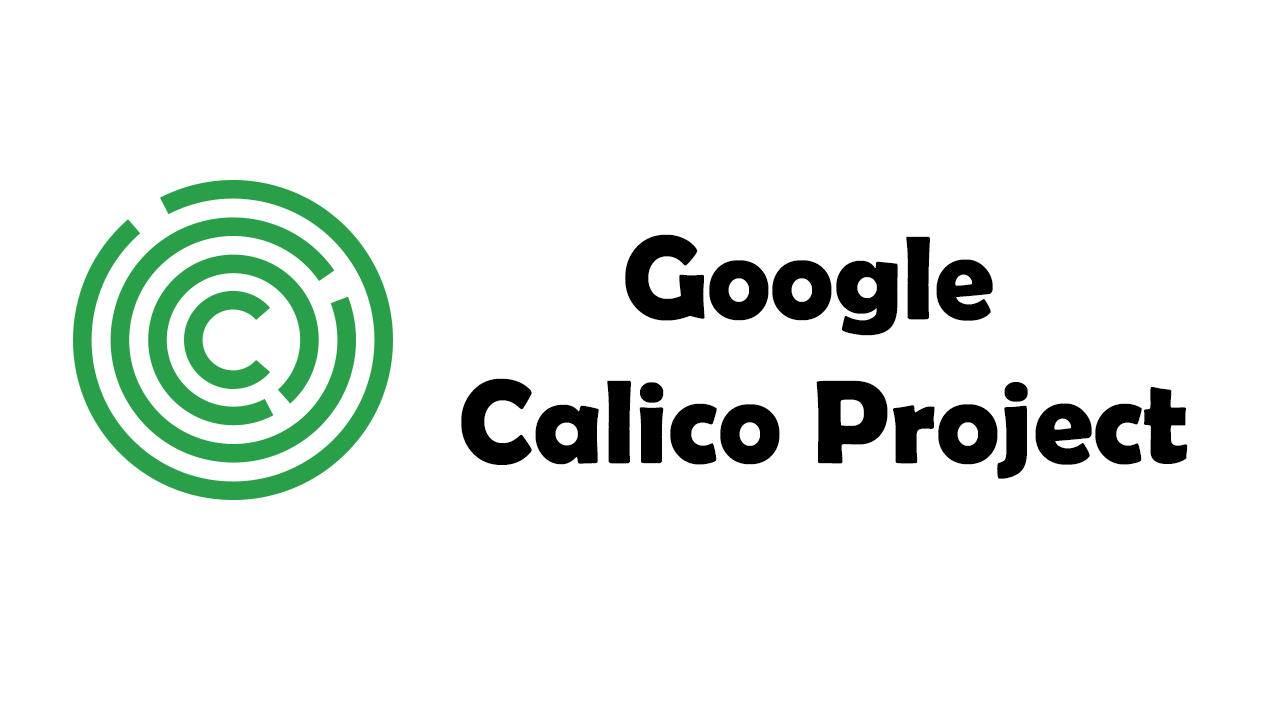
Calico focuses primarily on combating age-related diseases. It uses AI to analyze health data with the goal of tracking and extending healthy human lifespans.
- DeepMind
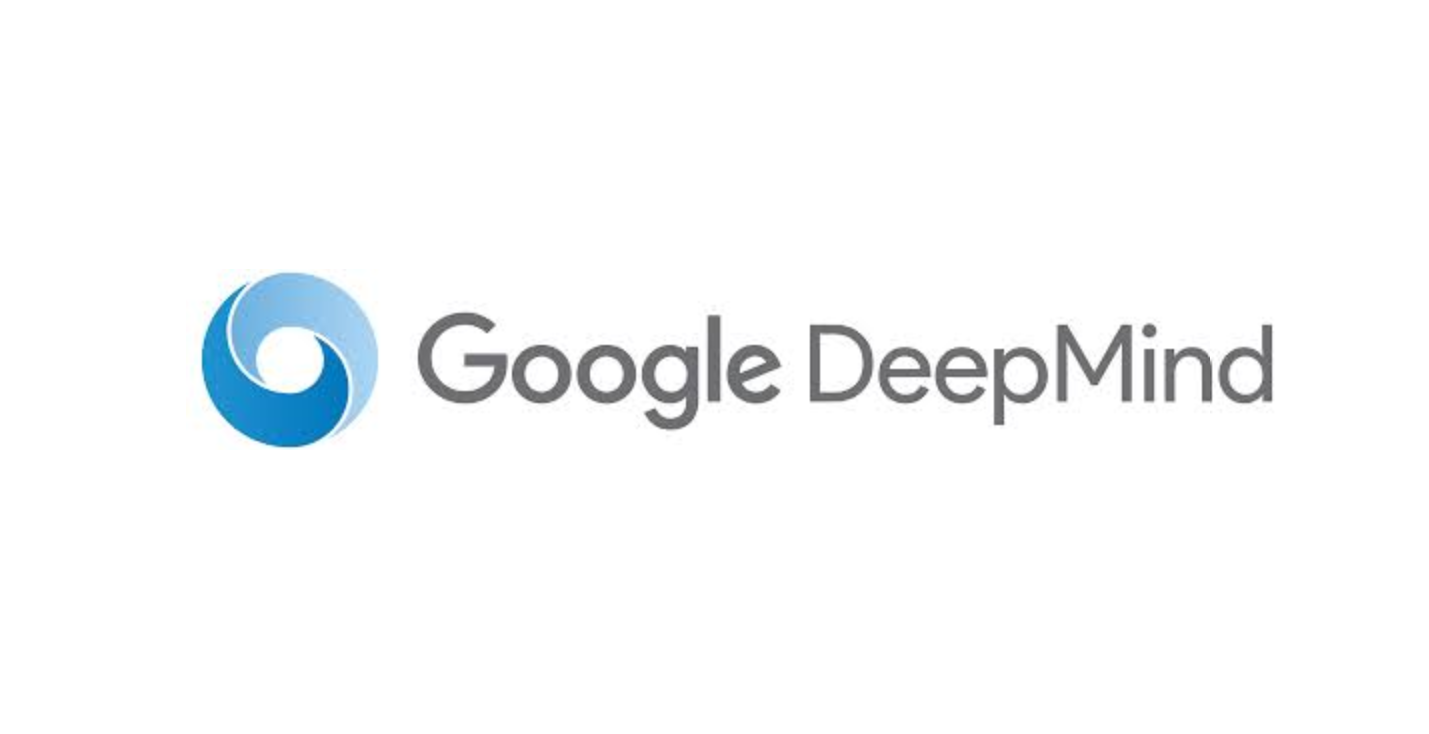
DeepMind has turned its artificial intelligence expertise towards healthcare by using deep learning to develop software that can correctly diagnose common eye diseases and recommend the patient for treatment.
However, DeepMind has faced scrutiny for the way it accesses data. This was most clearly evident after DeepMind struck a deal with the UK’s publicly funded National Health Service (NHS), leading it to receive the data of millions of patients.
In 2017, the Information Commissioner’s Office (ICO), the UK’s data watchdog, ruled that a 2015 deal with London’s Royal Free hospital was illegal because patients were not notified about how their data was being used.
Transport
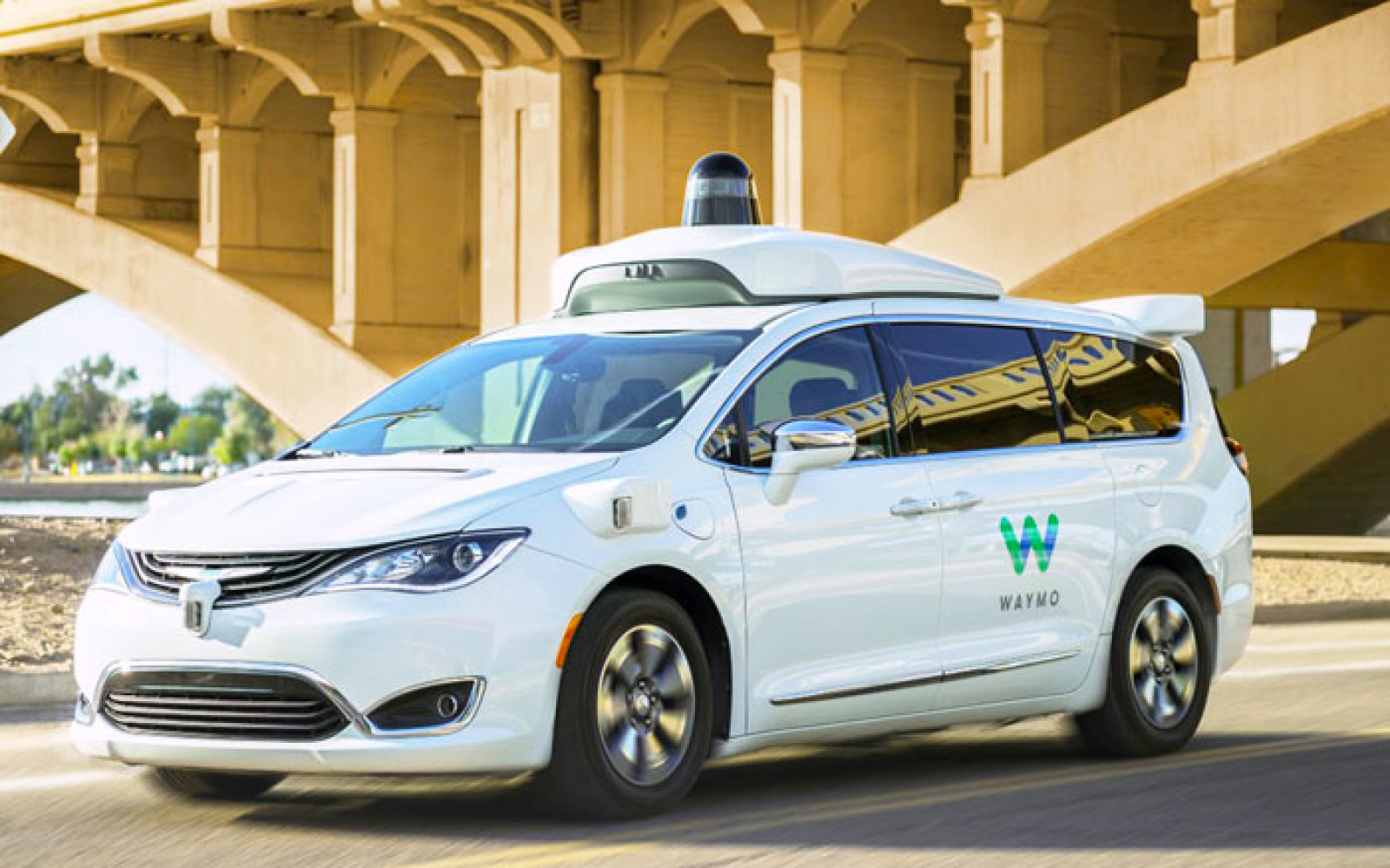
What started off as Google’s self-driving car project, Waymo is now widely considered the leader in the development of self-driving technology.
Waymo’s cars have logged the most miles in both the physical world and in simulations and, as of 2018, Waymo is operating the first and only commercial autonomous ride-hailing service — Waymo One.
Waymo One currently offers fully automated “rider-only" services to more than 1,000 users in Phoenix, Arizona. In early March, Alphabet launched Waymo Via, a new delivery unit, after Waymo received US$2.25 billion in its first round of external funding.
Despite Waymo’s advantage over its competitors, the autonomous car industry has been slow to take off, with large-scale commercialization of the technology still seemingly years away.
In September 2019, analysts at Morgan Stanley cut Waymo’s valuation from US$175 billion to US$105 billion, with analysts noting that they underestimated the timing of the rollout of autonomous ride-sharing services.
Goldman Sachs has projected that the value of the ride-hailing industry will jump from US$5 billion to US$235 billion by 2030.
In 2018, Alphabet and former Google Ventures unit, GV, invested in Lime, the electric scooter-sharing startup.
Entertainment Media

With over US$150 billion in annual revenue, gaming has forced big tech companies like Google, Apple, Facebook and Amazon to increase investments and play catch up to gaming veterans Microsoft.
One of Google’s major moves in the gaming industry was its 2015 launch of YouTube Gaming, a version of YouTube that caters to video game streamers and their viewers that has now been integrated into the main YouTube app.
With a massive viewership that sees over 2 billion users per month, YouTube has experienced major growth in its streamer base and is now competing directly with Amazon-owned Twitch.
Google’s latest gaming project is Stadia, a console-less, cloud-based gaming experience that allows users to play games using a Stadia controller that can link up to devices such as smartphones and computers.
Stadia doesn’t require customers to buy any games as they are all stored on Google’s cloud. Users instead pay a subscription fee.
Upon its release, Stadia failed to meet expectations due to its limited catalogue and latency issues.
In 2017, Google launched its live TV and cloud-based DVR service YouTube TV. With this service, Google is looking to further solidify its dominance in general streaming media over competitors like Sling TV and Hulu.
YouTube has seen controversy over its perceived lack of action against harmful content uploaded on the platform.
Jigsaw, a unit within Alphabet, has been working on forecasting and confronting social threats on the internet.
Perspective API, developed by Jigsaw and Google’s Counter Abuse Technology team, is software that uses machine learning to identify instances of abuse online. Once identified, those abuses are given a “score” depending upon their severity. This information is then viewable by content moderators.
The New York Times is one of the companies that uses Perspective API.
Other ventures
- Loon
Loon is an Alphabet subsidiary working on expanding internet access to remote rural areas around the world where cell towers would be too expensive to build. It does this by installing solar powered networking gear on helium balloons.
- Sidewalk Labs
Sidewalk Labs aims to improve urban infrastructure using cutting-edge technology and forward-thinking design. Last year, Sidewalk Labs secured conditional approval to develop Toronto’s waterfront into a smart city.
- Wing Aviation
Wing is Alphabet’s autonomous drone delivery service. Last year, Wing became the first US drone company to receive an Air Carrier Certification from the Federal Aviation Administration, meaning that they can begin commercial service delivery.
[article_ad]
Have a tip or story? Get in touch with our reporters here!




Comments ()